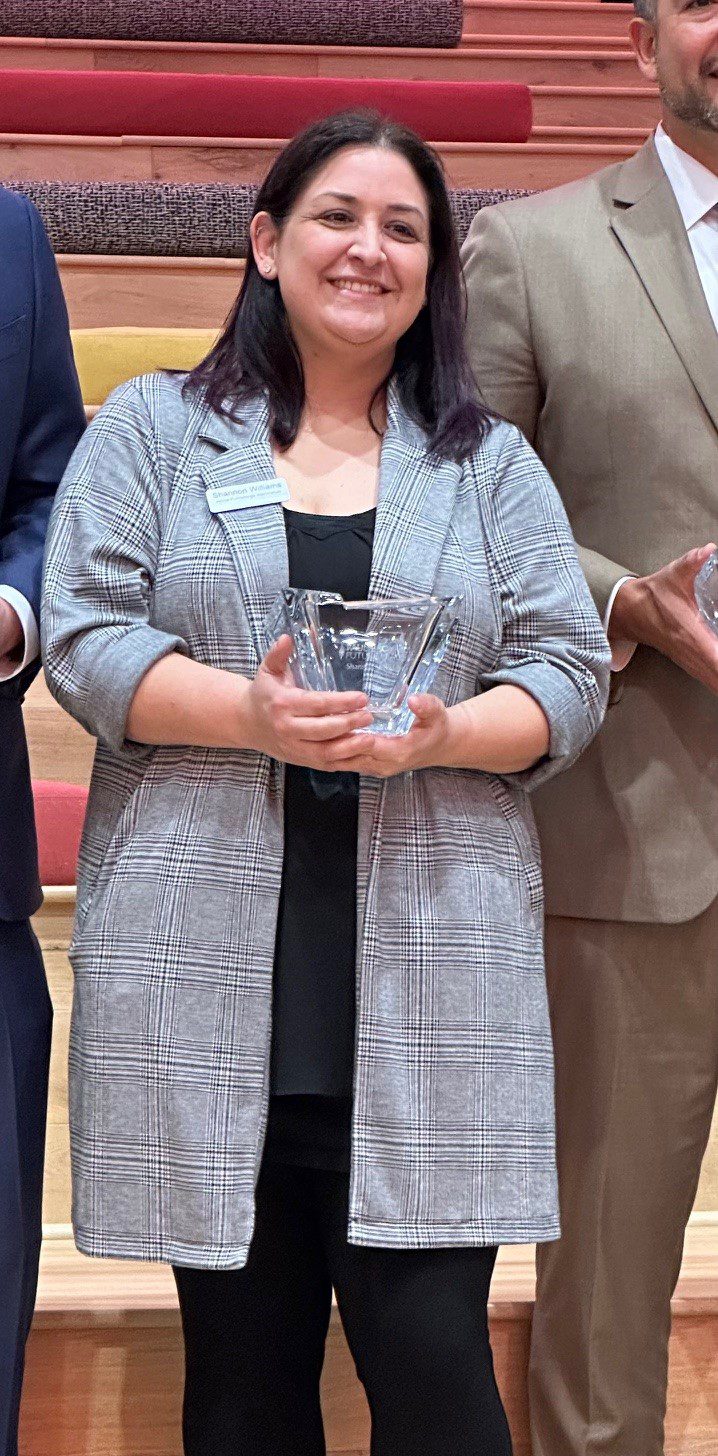It’s not about the hours you put in. Top performers accept fewer tasks and then obsess over getting them right.
I remember my first job out of college working at a bank. I was processing loans along with two or three other people. Unlike those people, though, when five o’clock rolled around I packed up my things and went home. I was very productive. I spent most of my days doing my own work and helping out the other loan processors with some of their work.
But guess what? When it came time for my annual review, I was marked up for leaving work at 5 when all the other loan processors were still working. I was doing my job and parts of other people’s jobs and I got a poorer review because I wasn’t putting in the hours someone thought I should be putting in.
Sometimes that’s the thinking of family businesses. I once had a family business owner tell me his daughter was a great worker. She was very productive. She was eager to help out on a lot of projects and never complained.
“There’s just one problem,” he said. “She only works 40 hours a week.”
I asked why that was a problem. She was doing everything that was expected of her and then some.
The owner of the family business nodded. “Yeah,” he said, “but think about all she could do if she worked 80 hours a week.”
It seems like the mantra of family businesses is that the more hours you put in the more money you will make. I know a lot of family business owners are working harder now and putting in more hours in their 60s than when they were in their 50s. And they were working harder and longer in their 50s than they were in their 40s. The measurement tool most family businesses use is work hours.
And that’s the problem. The measurement of success and productivity is not work hours. Ask yourself this simple question: In your family business, do you care how many hours your employees are working or is it the results that are important?
People are most productive when they’re selective about what they’re doing. It’s not about the hours you and your employees are putting in, it’s about the tasks each of you is performing and whether they’re adding value to your business. Some of the most productive people in family businesses aren’t putting in the long hours. Instead, they’re choosing to arrange or attend meetings that are important. They’re handing off tasks to others. They’re constantly asking themselves, “Where can I add value, not to me, but to the organization and our customers.”
How can you add value to your family furniture store without adding more hours to your already-packed work schedule? Here are some tips:
First, you’ve got to understand the power of saying no. It’s so easy to get sucked into every little decision, every operation, every sales or logistics meeting. But do you really need to attend all of them? Saying no is a powerful tool. When people try to delegate up to me I tell them no. I’ve got a full plate as it is. Let someone else do the heavy lifting for a while. There is nothing wrong with saying no. The sooner you learn this the better off you and your store will be.
Second, follow the 700-year-old advice of William of Ockham, a European friar, philosopher and theologian. Ockham is famous for a principle that came to be called (in a Latinized spelling of his name) Occam’s razor. It stipulates that the best explanation in matters of philosophy, science and other areas is usually the simplest one.
At work, this principle means that we should seek the simplest solutions—that is, the fewest steps in a process, fewest meetings, fewest metrics, fewest goals and so on, while retaining what is truly necessary to do a great job.
I once worked with an electrician who told me he often turns over his most complicated project to some of his laziest workers because he knows they will find the simplest path to completing the project. I don’t know if that’s the best idea, but you get the point.
We do a lot of things in our family businesses that simply aren’t needed. The French writer Antoine de Saint-Exupéry neatly formulated the same idea in his memoir: “Perfection is finally attained not when there is no longer anything to add, but when there is no longer anything to take away.”
Put this philosophy in place with your people and let them help you figure out how to get things done in the simplest fashion.
Also, focus on your unique abilities. Everyone has their own unique abilities. These are things you love to do and never get tired of doing. The more you do them the better you get at them. Can you do that with your family business?
[Why merit increasingly beats nepotism in family businesses]
The more you get rid of smaller tasks you are burdened with, the more you can focus on your unique abilities. The good news is, when you can focus on those abilities, you get better at them and your store benefits.
This is a strategy that applies to more than just you. Why should a sales person, who is really good at sales, have to worry about delivery problems? Help your team focus on their unique abilities. Get them to do the things they’re great at.
Finally, I would add this: Jealously guard your family and personal time. If you have a beach trip planned for the weekend, take it. Don’t check your email or your phone. The job will still be there when you get back. Get away from the business. When you do come back, you’ll come back stronger than ever before.
Remember, the best, most productive employees work about 50 hours a week. But, it’s not so much about the hours. Focus on how you can add value to your company and your customers.













